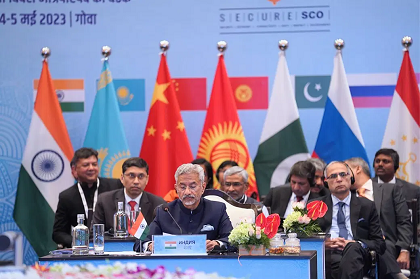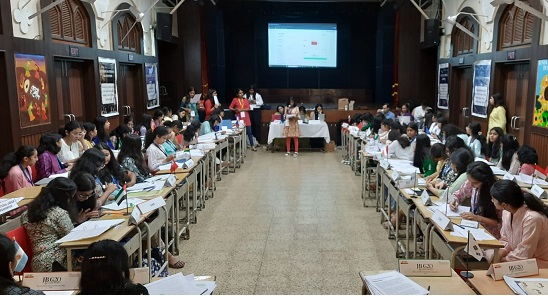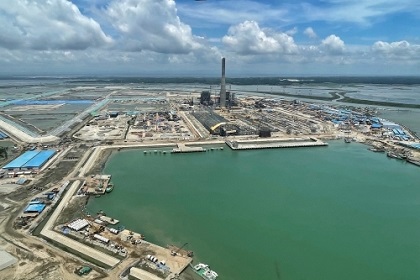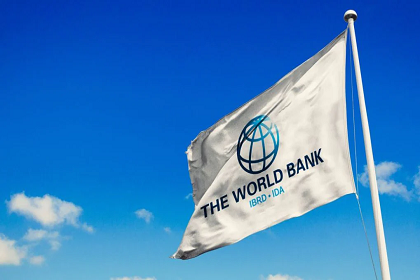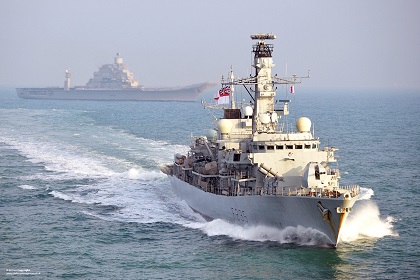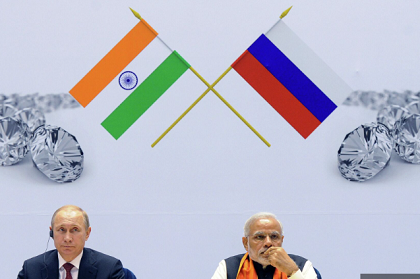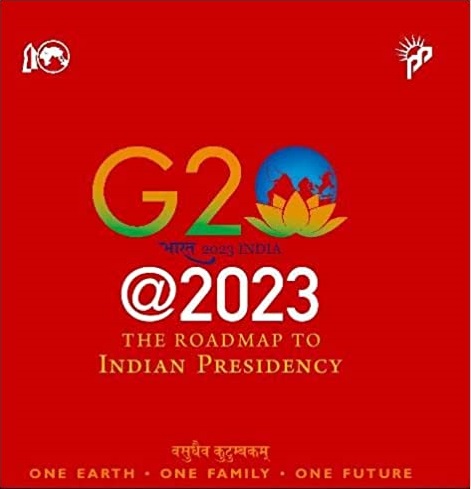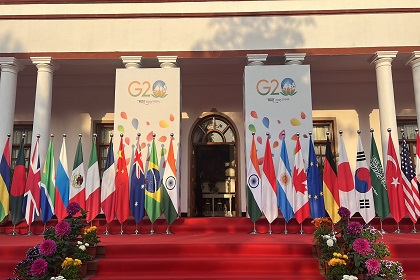T20 Mid-Year Conference – At the heart of the Indo-Pacific: Why Mumbai Matters?
On 10-12 May, 2023, Manjeet Kripalani, Executive Director, Gateway House participated in the T20 Mid-year Conference hosted by Think20 and G20 in Mumbai. She delivered a special address on the integral position of Mumbai in the Indo-Pacific, pointing out the city’s historical, geopolitical, maritime, and commercial linkages with the Indian Ocean world.


